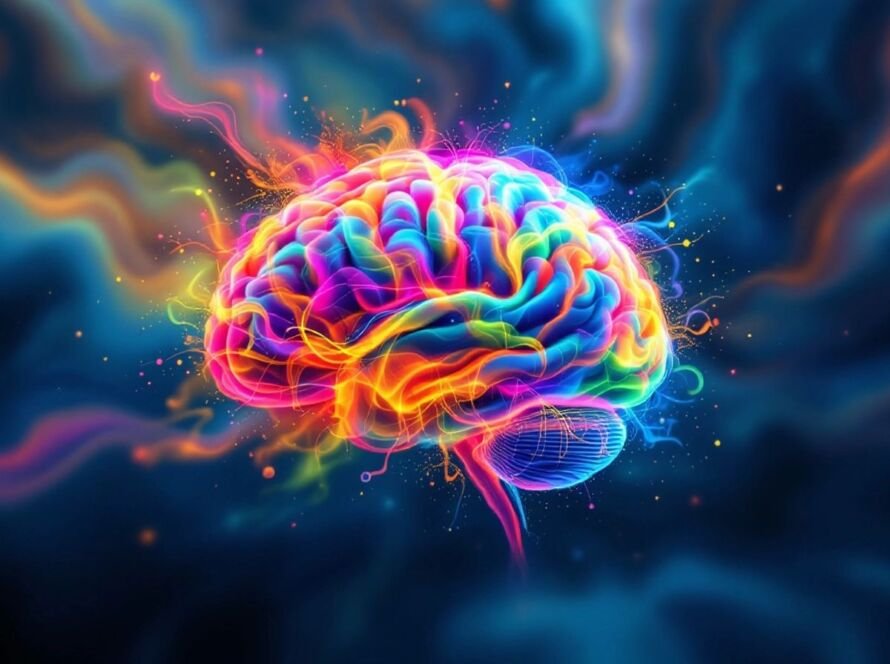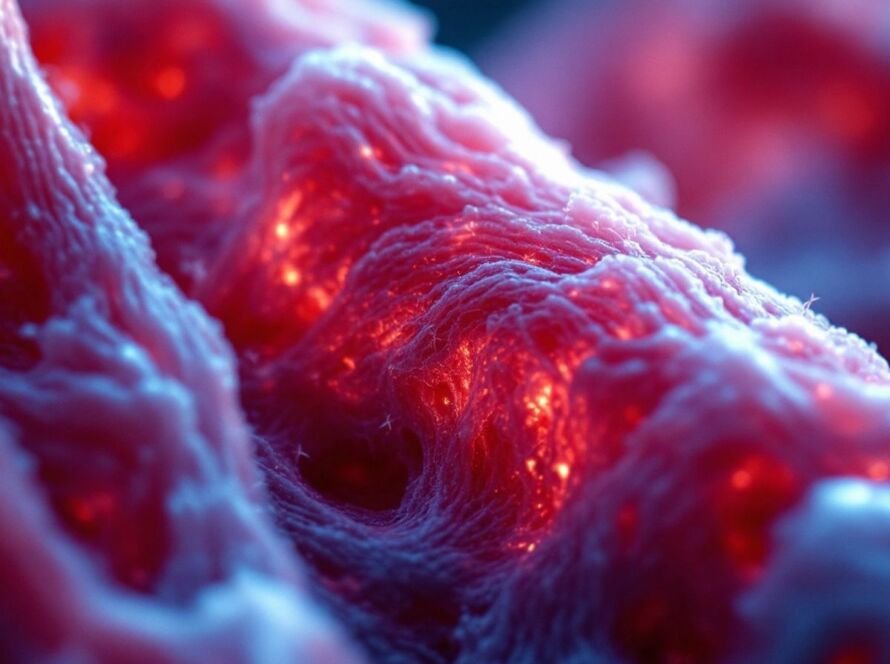A groundbreaking study from Washington University School of Medicine reveals that psilocybin, the active compound in magic mushrooms, temporarily disrupts brain networks involved in introspective thinking. These changes persist for weeks, potentially making the brain more flexible and improving mental health.
Key Takeaways
- Temporary Changes: Psilocybin disrupts brain networks for weeks, not permanently.
- Brain Flexibility: The drug increases brain flexibility, aiding in mental health.
- Medical Supervision: Findings highlight the need for trained supervision during use.
The Study
Researchers at Washington University School of Medicine in St. Louis have discovered that psilocybin temporarily scrambles a critical network of brain areas involved in introspective thinking, such as daydreaming and remembering. This neurobiological explanation for the drug’s mind-bending effects lays the groundwork for developing psilocybin-based therapies for mental illnesses like depression and post-traumatic stress disorder (PTSD).
Methodology
The study involved seven healthy adults who took a high dose of psilocybin or methylphenidate (the generic form of Ritalin) under controlled conditions. Each participant underwent an average of 18 functional MRI brain scans before, during, and up to three weeks after their experiences with psilocybin. Four participants returned six months later to repeat the experiment.
Findings
Psilocybin caused profound and widespread changes to the brain’s functional networks, particularly desynchronizing the default mode network. This network, ordinarily active when the brain is not working on anything in particular, re-established itself after the acute effects of the drug wore off, but small differences persisted for weeks. The default mode network remained stable in people who received methylphenidate.
Implications
The study’s findings suggest that psilocybin makes the brain more flexible and potentially more able to come into a healthier state. This could pave the way for psilocybin-based therapies for mental health conditions. However, the researchers emphasize that psilocybin is not approved by the Food and Drug Administration (FDA) as a treatment for depression or any other condition and should not be used without the supervision of trained mental health experts.
Future Directions
The research team believes that their study creates a roadmap for other scientists to evaluate the effects of psychoactive drugs on brain function, potentially accelerating drug development efforts for various psychiatric illnesses. They also highlight the importance of precision clinical trials to identify who benefits from such treatments and how to optimize their use.
Conclusion
While psilocybin shows promise as a treatment for mental health conditions, it is crucial to use it under medical supervision. The study provides valuable insights into how psilocybin affects brain networks, offering hope for new therapeutic approaches.
Sources
- Mind-Bending: Psilocybin Reshapes Brain Networks for Weeks – Neuroscience News, Neuroscience News.

